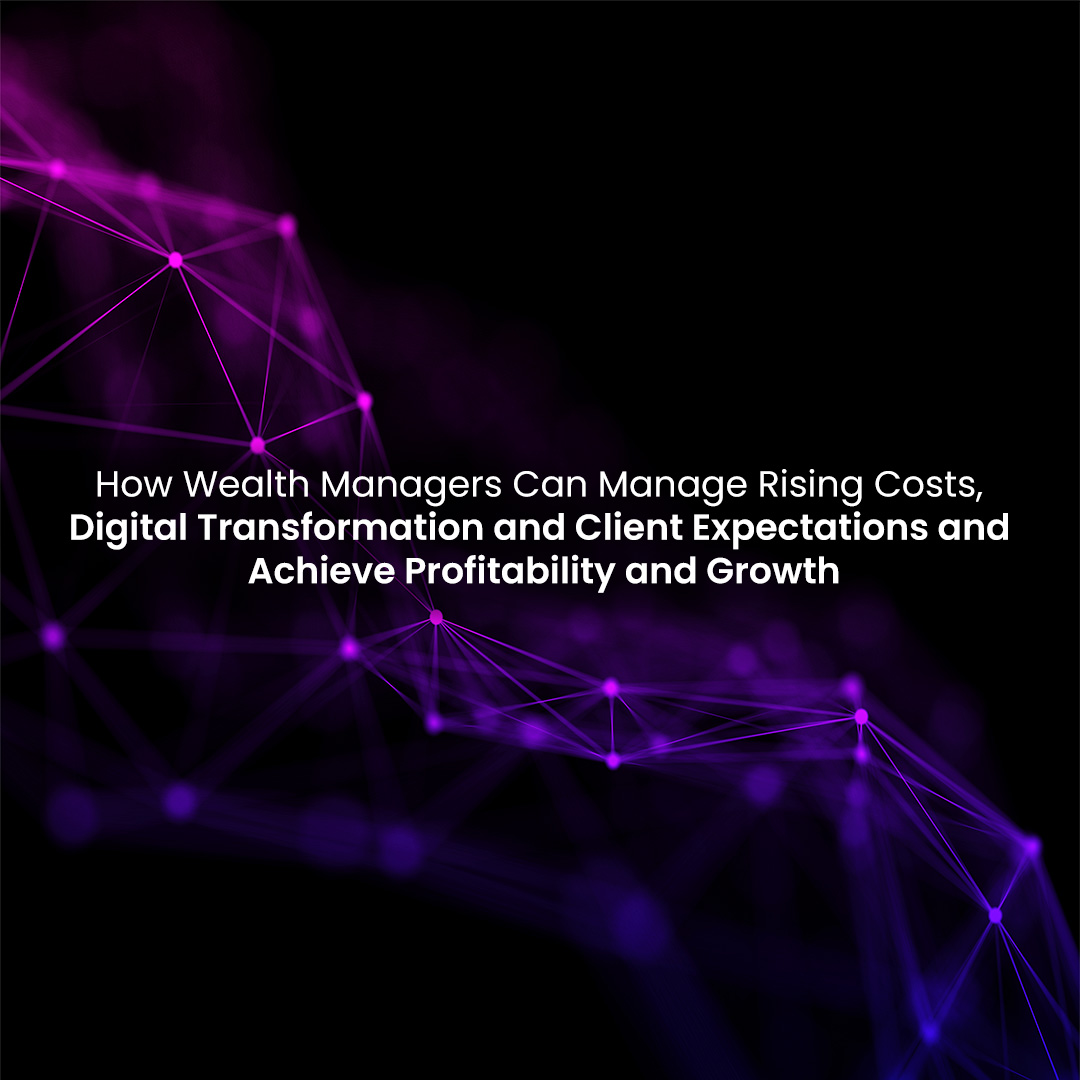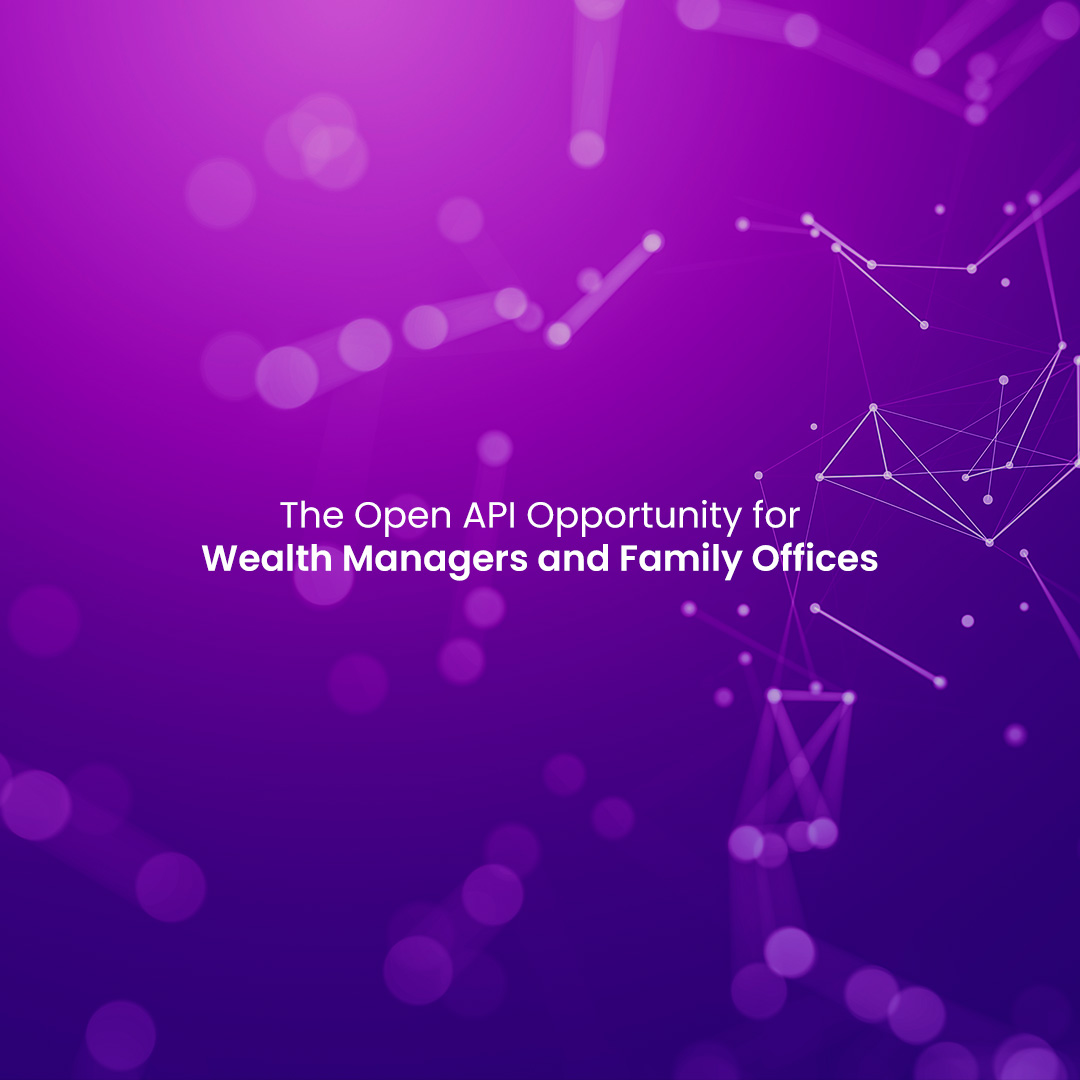With organizations increasingly reliant on cloud services, and vendors from multiple locations, to store and manage their data, it is essential to address concerns regarding the security of data stored in the cloud and the risks associated with outsourcing data services to vendors in different locations.
Storing data on the cloud can provide numerous benefits for wealth managers, such as improved accessibility, scalability, and cost-efficiency. However, ensuring the security of the data is of paramount importance for wealth managers who handle sensitive financial information.
Here are some key considerations regarding the security of storing data on the cloud for wealth managers:

1. Data Encryption:
Cloud service providers (CSPs) typically offer robust encryption mechanisms to protect data stored in the cloud. Wealth managers should ensure that sensitive data, such as client financial information and personal details, are encrypted both at rest and in transit. Strong encryption algorithms and protocols should be employed to prevent unauthorized access to the data.
2. Access Controls and Authentication:
Wealth managers should work with CSPs that implement strong access control mechanisms and multi-factor authentication (MFA). This ensures that only authorized individuals can access the data and perform administrative tasks. Implementing strong password policies, user role-based access controls, and regular access reviews is essential for maintaining data security.
3. Data Residency and Compliance:
Wealth managers often have legal and regulatory obligations regarding the storage and handling of client data. When selecting a cloud provider, it is important to consider data residency requirements and ensure that the data is stored in compliance with applicable regulations, such as GDPR, HIPAA, or industry-specific standards. Organizations should verify that the cloud provider can meet the necessary compliance requirements and obtain any required certifications or attestations.
4. Security Monitoring and Incident Response:
Wealth managers should choose cloud providers with robust security monitoring systems in place. Continuous monitoring helps detect suspicious activity or potential security breaches. Additionally, it is important to establish a well-defined incident response plan that outlines the steps to be taken in case of a security incident. This includes prompt notification of the wealth manager and appropriate authorities, as well as remediation procedures.
5. Vendor Due Diligence:
Performing due diligence on the cloud service provider is crucial. Wealth managers should assess the provider’s reputation, financial stability, security practices, and track record of maintaining data security. They should evaluate the vendor’s security certifications, audits, and compliance reports to gain confidence in their security measures. Businesses should consider engaging legal and compliance teams to review vendor contracts and ensure that appropriate security and data protection provisions are included.
6. Data Backup and Disaster Recovery:
Wealth managers should verify that the cloud provider has robust backup and disaster recovery mechanisms in place. This ensures that data can be recovered in the event of accidental loss, system failures, or natural disasters. Regular testing and validation of data backups and disaster recovery plans are essential to ensure the availability and integrity of stored data.
7. Employee Training and Awareness:
Wealth management firms should invest in employee training programs that raise awareness about data security best practices, including the proper handling and protection of sensitive client information. Educating employees on recognizing and mitigating security risks, such as phishing attacks or social engineering attempts, is vital for maintaining data security in a cloud environment.
Data stored on the cloud can be kept secure by wealth managers if the appropriate security measures are implemented. By selecting reputable cloud service providers, implementing strong encryption and access controls, ensuring compliance with regulations, conducting due diligence, and fostering a culture of data security, wealth managers can protect sensitive client data and mitigate potential risks associated with cloud storage. Regular monitoring, risk assessments, and staying updated with evolving security practices are also essential for maintaining data security on the cloud.










